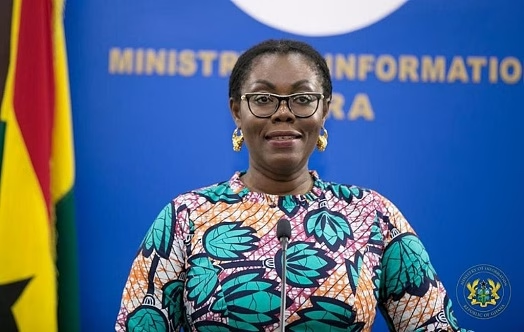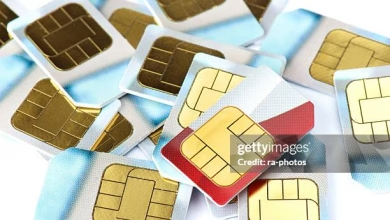Spread Fake News, Face Prosecution – Ursula Warns

- Communications Minister urges action against misinformation spreaders.
- Spreading false information is illegal under Ghana's Criminal Code.
- Minister seeks collaboration among National Communications Authority, Police, and Attorney General.
- Swift prosecution necessary to prevent public fear and panic from misinformation.
Ursula Owusu-Ekuful, Ghana’s Minister for Communications and Digitalisation, has sounded the alarm on the dangers of misinformation and disinformation spread through electronic media. At the launch of the 2024 National Cyber Security Awareness Month in Accra, she emphasized the need for swift action to prevent the spread of false information that can incite public fear and disrupt essential services.
According to Owusu-Ekuful, spreading misinformation and disinformation is a criminal offense under Ghanaian law, specifically Section 208(1) of the Criminal Code, which considers publishing false statements that cause public alarm a misdemeanor. Despite some successful prosecutions, she believes more needs to be done to deter others from using electronic platforms to spread falsehoods.
To address this issue, Owusu-Ekuful has called on the National Communications Authority, the Ghana Police Service, and the Attorney General’s Office to collaborate and expedite the identification of individuals responsible for spreading misinformation. She stressed that prompt action will serve as a deterrent, preventing others from engaging in similar behavior.
The Minister’s concerns are timely, given the increasing reliance on electronic media for information. The spread of misinformation can have serious consequences, including inciting public fear, disrupting essential services, and undermining trust in institutions.
Owusu-Ekuful’s call to action is a welcome step towards addressing this critical issue. By working together, the relevant authorities can help prevent the spread of misinformation and protect the public from its harmful effects.
Effective collaboration between the National Communications Authority, the Ghana Police Service, and the Attorney General’s Office will be crucial in identifying and prosecuting those responsible for spreading misinformation.
The National Cyber Security Awareness Month provides an opportune platform to raise awareness about the dangers of misinformation and disinformation. By educating the public on the risks associated with spreading false information, Ghana can take significant strides towards mitigating this threat.
Owusu-Ekuful’s emphasis on the importance of addressing misinformation and disinformation is particularly relevant in today’s digital age. As electronic media continues to play an increasingly prominent role in shaping public discourse, it is essential to ensure that information shared through these platforms is accurate and trustworthy.
The Minister’s commitment to tackling this issue is reassuring, and her call to action should be heeded by all stakeholders. By working together, Ghanaians can create a safer, more informed online environment.
Ultimately, addressing the spread of misinformation and disinformation requires a collective effort. By promoting awareness, encouraging responsible behavior, and enforcing the law, Ghana can protect its citizens from the harmful effects of false information.






